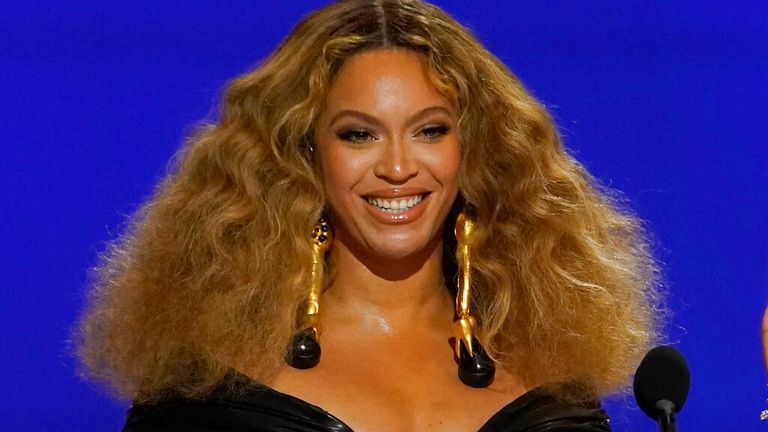Global superstar Beyoncé was in hot water over the use of an offensive term to describe people with cerebral palsy in her track “heated.”
Since the track’s release, fans and activists have spoken against the song. Beyoncé is re-recording the song and replacing the lyrics.
Lizzo was involved in a similar incident a few weeks ago with her song “Grrls”.
Beyond these two incidents, I argue that ableism is more prominent than you think.

The history of ableism
Ableism isn’t this new, fancy, revolutionary term that has suddenly come about through pop culture. It is a term with a lot of history and means to perpetuate itself. Ableism is discrimination against those who are disabled, and it is a way to portray a negative view of disability. The whispering of the term came about during the 1960s and 1970s. In this period, activists started to invest time in addressing issues relating to disability, like equal rights. Fast-forward to the 1980s, feminists in the United States defined ableism. These feminists emphasised that society viewed disability as a flaw, abnormality or inferiority to those without a disability. Such viewpoints on disability created an implicit bias within society, demonstrated by a study showing that 76% of people have an implicit bias in favour of people without disabilities. The study also found that ableism was among the most common and strongest forms of implicit and explicit bias. This was out of gender, race, weight, and sexuality, with ableism second to only ageism.
The more you dive into ableism, you find out that this term manifests itself in multiple ways. On the institutional level, this term affects various establishments medically, politically and socially. Examples of such can be seen by the idea that disability needs fixing from a medical point of view, inaccessible infrastructure and seclusion of people with disabilities. Below this, ableism impacts interpersonal relationships that involve people with or without disabilities. You see this through people wanting to cure people with a disability, baby-talking to people with disabilities and calling people with disabilities inspirational, superheroes and thinking they deserve pity. Through institutional and interpersonal means of ableism, this has a knock-on effect on people with or without disabilities. This is called internalised ableism, which can include a person feeling that disability accommodations are a privilege, that a disability should be hidden and being ashamed of having a disability.
Combating ableism beyond Beyoncé’s and Lizzo’s lyrical saga
What is for sure is that Beyoncé and Lizzo will not be the only ones to say something ableist. This concept has manifested itself within and out of music. These situations involving the two superstars have taught us that this concept is alive and kicking. We have seen progress with women’s, LGBTQ+, and racial issues, but when it comes to topics relating to disability, the disabled community is seen as an afterthought. This is despite the disabled community making up 15% of the world’s population. Ableist rhetoric can be seen in how 9% of houses in the United Kingdom have accessible features. 22% of the population in the United Kingdom comprises people with a disability, yet only 0.06% of adverts feature this community. Not only that, but one in three disabled people say there is a lot of prejudice against disabled people in Britain.
Ableism is far beyond musical lyrics. It has been entrenched for far too long, and it is only when an offensive song lyric is used that we hear this community. That should not be the case, as disabled voices should be heard beyond a news story. It is especially the case when you see how the lives of those with a disability are affected in such negative ways daily. If that is through unemployment, loneliness or lack of access to services, this is just the tip of the iceberg regarding the lives of those who are disabled. They have been seen and treated as an afterthought for too long, and now is the damn time that the disabled community is in our thoughts before doing anything worthwhile. If that is making music, creating infrastructure or the conversations we have, the disabled community should be front and centre of our minds.


